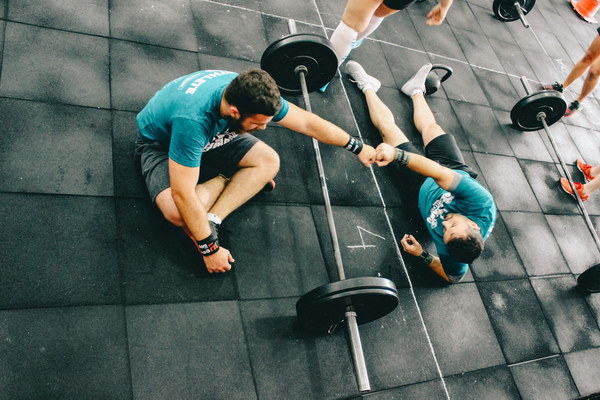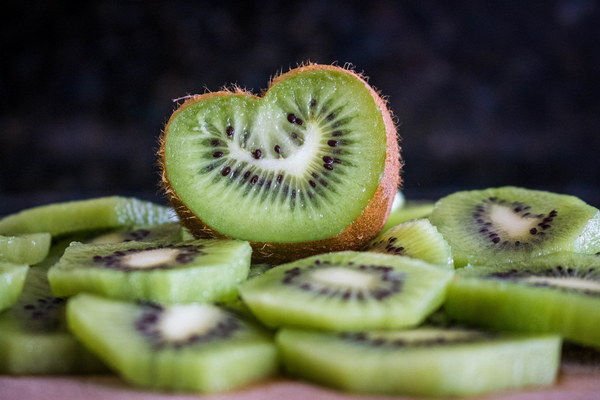Revitalizing My Liver Insights and Reflections from a Health Seminar on Liver Care
Ever since I attended the health seminar on liver care, I have been deeply inspired and enlightened about the importance of taking care of our liver. The speaker, a renowned hepatologist, shared valuable insights and practical tips that have significantly changed my perspective on liver health. This article aims to encapsulate my reflections and newfound knowledge from the seminar.
First and foremost, the seminar emphasized the liver's crucial role in our body. As the largest internal organ, the liver performs over 500 vital functions, including detoxifying the blood, producing bile, and storing vitamins and minerals. It is, without a doubt, an indispensable organ that requires our utmost care.
The speaker highlighted the impact of lifestyle choices on liver health. Unhealthy habits such as excessive alcohol consumption, smoking, and poor diet can lead to liver diseases such as fatty liver, hepatitis, and cirrhosis. On the other hand, adopting a healthy lifestyle can significantly reduce the risk of liver problems.
One of the key takeaways from the seminar was the importance of maintaining a balanced diet. A well-balanced diet rich in fruits, vegetables, whole grains, lean proteins, and healthy fats can provide the necessary nutrients to support liver health. The speaker recommended incorporating the following foods into our diet:
1. Leafy greens: Spinach, kale, and Swiss chard contain high levels of vitamins and minerals that help in the liver's detoxification process.
2. Cruciferous vegetables: Broccoli, cauliflower, and Brussels sprouts contain sulforaphane, a compound that boosts liver function.
3. Nuts and seeds: Almonds, walnuts, chia seeds, and flaxseeds are rich in healthy fats and antioxidants, which support liver health.

4. Garlic: Garlic contains allicin, a compound that helps in protecting the liver against toxins.
5. Green tea: Green tea is rich in antioxidants and has been shown to improve liver function.
Another vital aspect of liver care is regular exercise. Physical activity helps to improve metabolism, reduce body fat, and enhance liver function. The speaker recommended engaging in at least 150 minutes of moderate-intensity aerobic exercise or 75 minutes of vigorous-intensity aerobic exercise per week.
Additionally, the seminar touched upon the importance of adequate sleep and stress management. The liver works hard while we sleep, so getting enough rest is crucial for its proper functioning. Moreover, chronic stress can lead to increased inflammation in the body, which can harm the liver. Techniques such as meditation, deep breathing exercises, and yoga can help manage stress levels.
One of the most eye-opening points made during the seminar was the impact of medications and over-the-counter supplements on liver health. Many drugs and supplements can cause liver damage when taken in excessive amounts or for an extended period. It is essential to consult a healthcare professional before starting any new medication or supplement.
In conclusion, the liver care seminar has opened my eyes to the importance of prioritizing liver health. By adopting a healthy lifestyle, including a balanced diet, regular exercise, adequate sleep, and stress management, I am confident that I can maintain a healthy liver. I am also more cautious about the medications and supplements I take, ensuring that they do not harm my liver.
The seminar has not only provided me with valuable information but has also motivated me to spread awareness about liver health. I believe that by sharing my experiences and knowledge, I can help others prioritize their liver care and prevent liver diseases. After all, a healthy liver is the foundation for a healthy life.









